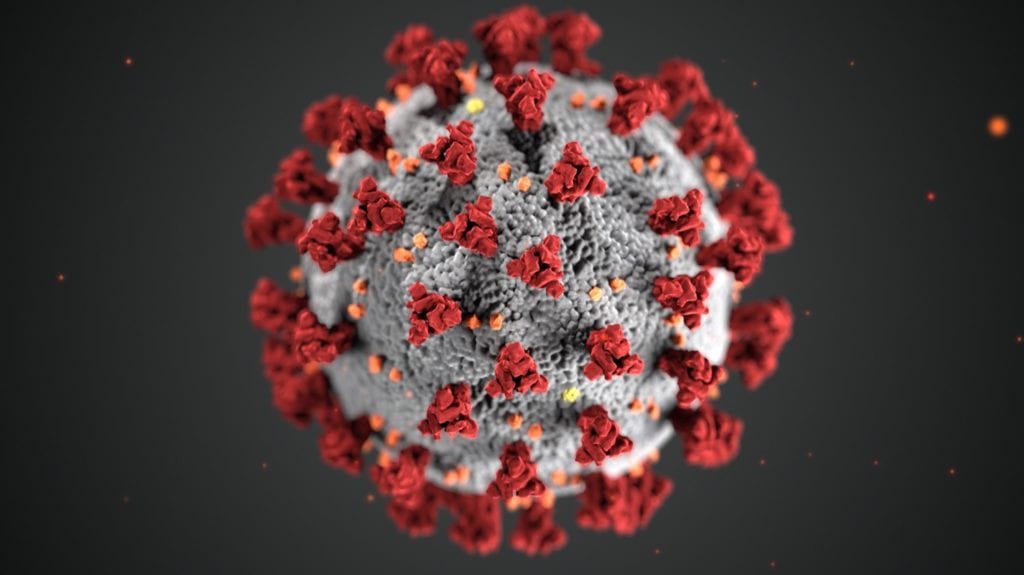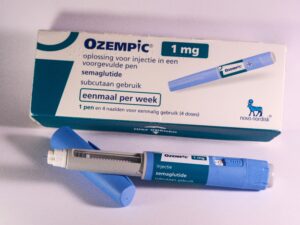The clinical trials conducted by Pfizer and Moderna prior to their Emergency Use Authorization to determine safety and effectiveness did not determine if the vaccines actually prevented infection and not just symptoms.
However, a team of scientists at the Mayo Clinic health system analyzed data from more than 31,000 people across four states who had received at least one dose of either the Pfizer or Moderna vaccine and discovered that their vaccines were nearly 80 percent effective in preventing infection 36 days after the first dose. The study, which has not yet been peer-reviewed, showed that the vaccines were 75 percent effective 15 days after the first dose. Data from the research demonstrated an 89 percent efficacy 36 days after the second dose.
In another non-peer-reviewed study conducted by Pfizer in conjunction with Israel’s Health Ministry, The Pfizer vaccine was shown to be 89.4% effective at preventing laboratory-confirmed infections.
Raina MacIntyre, Professor of Biosecurity at the University of New South Wales in Sydney said this was the kind of data they needed to estimate the potential for achieving herd immunity, but acknowledged, “We do need to be able to see the data published in a peer-reviewed journal and to be able to scrutinize the data in detail.”
Zoe McLaren, an associate professor in the school of public policy at the University of Maryland Baltimore County, is somewhat skeptical of the findings.
“The study wasn’t designed to accurately measure a reduction in transmission of SARS-CoV-2 because it used national testing data without accounting for differences in testing rates between vaccinated and unvaccinated people,” McLaren states. “The main result overstates the reduction in transmission from the Pfizer vaccine.”
Helen Petousis-Harris, a vaccinologist at the University of Auckland, sounded more optimistic. “Based on SARS-CoV-2’s infectiousness, a vaccine that is 89% effective at preventing infection is likely to be effective at eliminating Covid-19 in a population in which high vaccination coverage is achieved,” she said.
Pfizer is working on a “real-world analysis” of the data from the Israeli study. The company refused to comment on the unpublished study which was put online by several news outlets.
If confirmed, these studies provide evidence that the vaccines could not only prevent people from becoming sick, they could curb the transmission of coronavirus altogether.










